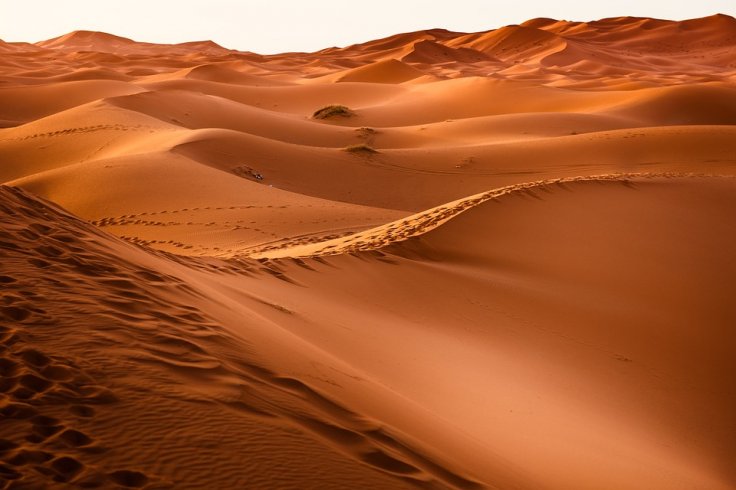
As the impacts of global warming are drastically affecting the climatic normalcy in all nooks of the globe, Y Combinator, a Silicon Valley venture firm has suggested that radical desert flooding could reduce the adverse effects of greenhouse gas levels in the atmosphere.
Even though Y Combinator admits that the idea is risky and unproven, the firm believes that this effort could bring down climatic change if it gets materialized properly. Experts argue that unlimited political will and sufficient monetary supply are needed to materialize such a plan which is purely out of the box. However, at this juncture where climatic changes are becoming severe, authorities may get compelled to workout extreme options on the table.
"We do not want to have this be purely profit driven. We are trying to benefit the planet, not just make money. So we need this kind of research and development first, but then oversight and governance over how any of this is deployed," said Greg Rau, a scientist at the University of California and a team member who helped Y Combinator to formulate this idea, nbcnews.com reports.
The project formulated by Y Combinator suggests filling 1.7 million acres of arid land with 2-meter-deep pools of water. In order to obtain water for this effort, experts at Y Combinator propose to pump in ocean water inland and later desalinating it using an electrical grid. The company also believe that materializing such a project could cost more than $50 trillion, and this amount is roughly half the entire globe's economic productivity for a year.
It should be noted that the idea of flooding the desert to combat climate change has not gone well with many skeptics. People who oppose this idea argue that such a suicidal move will drastically impact the biodiversity of deserts. As per these skeptics, thousands of species are living in deserts, and flooding the area could result in the extinction of all these living beings.








